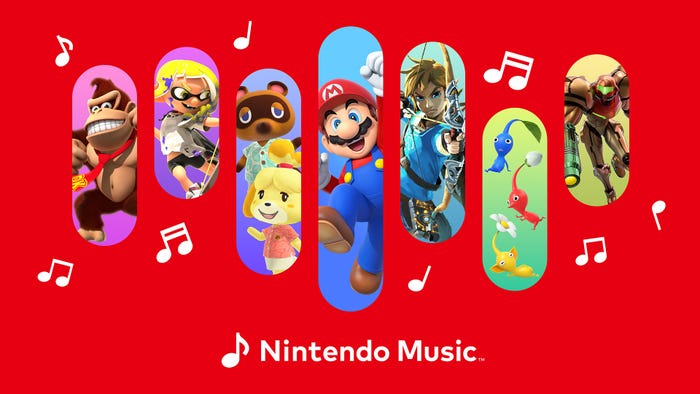
Featured Blog | This community-written post highlights the best of what the game industry has to offer. Read more like it on the Game Developer Blogs or learn how to Submit Your Own Blog Post
Diving into the nuance of "self-imposed crunch"
According to our State of the Game Industry 2023 report surveying game developers, nearly three-quarters of devs working more than 40-hour weeks said they felt self-pressure to do so.

According to our State of the Game Industry 2023 report (a joint effort between GD and GDC this year), about three quarters of game developers noted self-pressure as a reason they worked more than 40 hours per week.
It’s by far and away the most common answer to the survey question “What were the major factors that caused you to work more than 40 hours per week?” with 36 percent of devs noting they don’t consider their 40+ hour weeks excessive. 14% mentioned feeling direct pressure from management, and 11 percent from their peers (“everyone else was working those hours”).
Many workplaces—in the game industry or out—enforce terrible practices and inhibit employees from having anything resembling healthy work/life balance, which is obviously not okay, and those places should be called out. Those folks, in the 14 percent who said management pressured them, and the 11% who noted peer pressure for their hours over 40, deserve better from their higher-ups (it’s on management to keep peer pressure from mounting as well).
But we need to talk about this 74 percent phenomenon.
I feel this myself, as a person with a couple of part time jobs (and my own creative practice) outside of my main gig here. The need to hustle is real, fueled by a complex blend of anxiety (“if I’m not the best, I’ll be letting people down” and/or “I’ll be fired and out on the street”), American/Puritan value mythology about “hard work,” millennial guilt (“my parents had it much harder than me, I need to work for this”) and, somewhere in there, I think, a genuine desire to make amazing things.
All of these things (and more, for many of us) combine and make some folks feel like no matter how hard we work, it’s never enough and will never be enough, and that attitude is, well, bad for anyone’s health.
There’s a side of this that isn’t inherently bad at all—the desire to make something amazing. If you believe strongly in your project (your game, specifically!), then what’s wrong with putting extra hours into it? What’s wrong with letting that passion fuel you? What’s wrong with losing some sleep or straining your relationships in order to make your game the best it can be?
Certainly this is going towards the extreme end, and I don’t mean to imply that anyone who works, say, forty two hours in a given week has immediately descended into a dissociative, damaged psychic state from overwork. It’s not a bad thing to push yourself, but it is a bad thing to push yourself too hard, for too long, and many folks end up learning that the hard way.
Like anything else in life, balance is necessary. For some of us, it’s elusive, and very easy to slide onto the side of doing too much at the expense of other areas of life. I’d be willing to bet that many folks who have been in this industry (or probably nearly any industry) for more than ten years have racked up their share of horror stories, from first hand experience or from beloved friends and colleagues. Burnout is real, and sometimes, self-inflicted.
And it is never especially pretty.
It’s not easy to recognize at any time in human history, let alone for folks working in the throes of late capitalism, in the middle of a pandemic that is still very much raging on (despite what some folks touting “post-pandemic” life want to think).
I certainly can’t offer any brilliant solutions beyond the usual call for universal health care that’s inclusive of robust mental health services, the availability of healthy hobbies outside of work, and community-building that includes networks of support and care.
There’s certainly some hope in the statistics here: that “only” 14 percent of devs surveyed mentioned management-mandated extra hours is actually somewhat lower than I expected, and so is the 11 percent figure for peer pressure.
Some of the very real discussion and work that advocates for healthy workplaces (and folks paving the way for workers rights, for example through unionization efforts) is making its way through work culture generally and in our industry.
We see notes of this in other parts of the survey as well: in the "great resignation" section, which shows that 16 percent percent of developers have left a work environment (and 36 percent considered it) in the last year, largely for better work/life balance or better benefits.
"Of those who said they’ve changed companies or thought about it, the leading factors for a potential switch were salary/compensation and company culture, followed by being able to work on a specific project/franchise, work/life balance, and having remote work-friendly policies."
To hear more insights from creators across the game industry, you can download the latest GDC State of the Industry survey for free by clicking here.
Game Developer and GDC are sibling companies under Informa Tech.
Read more about:
Featured BlogsAbout the Author
You May Also Like









